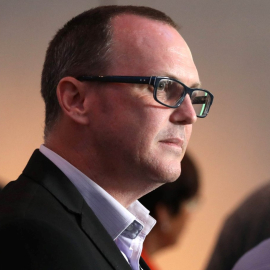An enduring issue for governments and systems has been how best to organise education to ensure equitable and inclusive education for all. Professor Eacott's research program has been dedicated to developing the necessary explanatory resources (e.g. relational theory) to respond effectively to the empirical question of how best to organise education. A key contribution has been the development of the Relational Inquiry into the Provision of Education (RIPE) analytical framework. This relatively new theoretical approach for organizational theory in education offers a methodological framework for the study of the provision of education at multiple levels.
Building from his relational approach, RIPE analysis comprise five phases:
- Articulating the underlying generative assumptions on the purpose(s) of education (or a given topic)
- Locating assumptions within different perspectives on the topic
- Investigating how those assumptions play out in practice
- Describing and explaining activities without imposing judgement, and
- Using all of the above to show how things are and could be different.
Working at the intersection of education, sociology, demography, economics, planning, among others, and therefore leveraging cutting-edge analytical methods from multiple disciplines all held together through relational theory, Professor Eacott's ambitious research program aims to move beyond individual disciplinary based ways of understanding education and its impact to not just inform policy decisions but explicitly contribute to re-designing the provision of education to deliver equitable and inclusive education at scale.
Professor Eacott's distinctive relational approach has led to invitations to run workshops and give talks in Norway, Canada, the USA, Indonesia, South Africa, Mexico and throughout Australia. He has authored more than 100 publications, led major research projects and contributed to teams winning over $3.8M in external funding and successfully translated his research into policy and practice. Typical projects employing his RIPE analysis involve working collaboratively with systems, school leadership teams, and school communities to co-design plans to best meet the needs of all involved.
